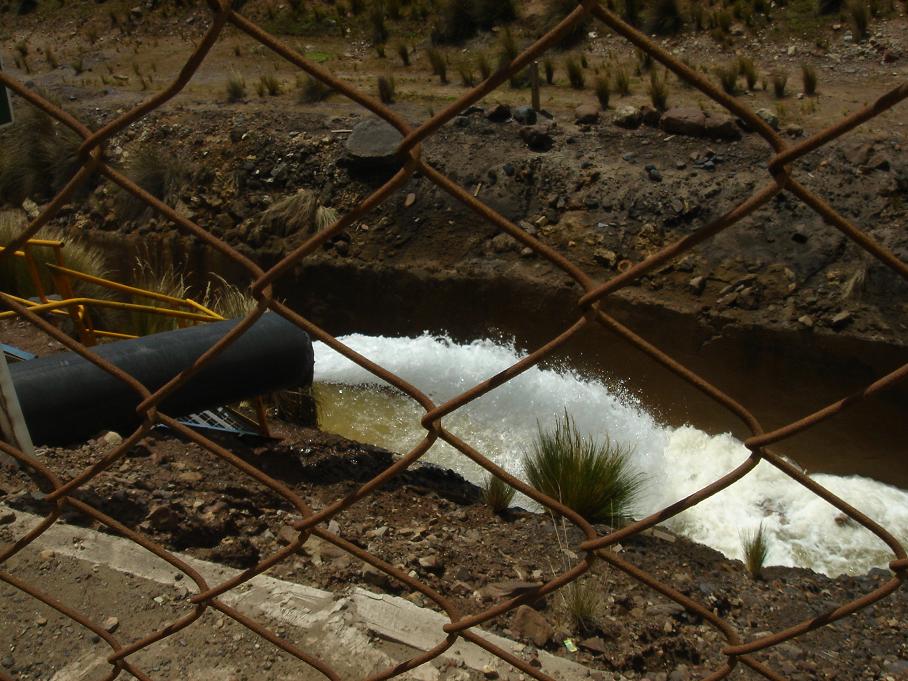
A new study by a multidisciplinary team of researchers from the Hebrew University of Jerusalem and Hadassah Medical Center shows that eating vegetables and fruits grown in soils irrigated with reclaimed wastewater exposes consumers to minute quantities of carbamazepine, an anti-epileptic drug commonly detected in wastewater effluents.
Fresh water scarcity worldwide has led to increased use of reclaimed wastewater, as an alternative source for crop irrigation. But the ubiquity of pharmaceuticals in treated effluents has raised concerns over the potential exposure for consumers to drug contaminants via treated wastewater.
“Israel is a pioneer and world leader in reuse of reclaimed wastewater in the agriculture sector, providing an excellent platform to conduct such a unique study,” said research co-author Prof. Benny Chefetz from the Faculty of Agriculture, Food and Environment at the Hebrew University and the Director of the Hebrew University Center of Excellence in Agriculture and Environmental Health. The study is the first to directly address exposure to such pharmaceutical contaminants in healthy humans. It was recently published in Environmental Science and Technology.
“In a randomized controlled trial we have demonstrated that healthy individuals consuming reclaimed wastewater-irrigated produce excreted carbamazepine and its metabolites in their urine, while subjects consuming fresh water-irrigated produce excreted undetectable or significantly lower levels of carbamazepine,” said Prof. Ora Paltiel, Director of the Hebrew University-Hadassah Braun School of Public Health and Community Medicine, who led the research.
The study followed 34 men and women divided into two groups. The first group was given reclaimed wastewater-irrigated produce for the first week, and freshwater-irrigated vegetables in the following week. The second group consumed the produce in reverse order.
The volunteers consumed the produce, which included tomatoes, cucumbers, peppers and lettuce, according to their normal diet and drank bottled water throughout the study to neutralize water contamination.
The researchers measured carbamazepine levels in the fresh produce and in the participants’ urine. To begin with, the urinary levels of carbamazepine differed in their quantifiable concentration, with some participants having undetectable levels. Following seven days of consuming reclaimed water-irrigated produce, all members of the first group exhibited quantifiable levels of carbamazepine, while in the second group the distribution remained unchanged from baseline. Levels of carbamazepine excretion were markedly higher in the first group versus the second.
“Treated wastewater-irrigated produce exhibited substantially higher carbamazepine levels than fresh water-irrigated produce,” said Paltiel.
“It is evident that those who consume produce grown in soil irrigated with treated wastewater increase their exposure to the drug. Though the levels detected were much lower than in patients who consume the drug, it is important to assess the exposure in commercially available produce,” Paltiel said.
“This study demonstrates ‘proof of concept’ that human exposure to pharmaceuticals occurs through ingestion of commercially available produce irrigated with treated wastewater, providing data which could guide policy and risk assessments,” said Chefetz.
Follow us on Twitter and Facebook for updates on the latest pharmaceutical and biopharmaceutical manufacturing news!




